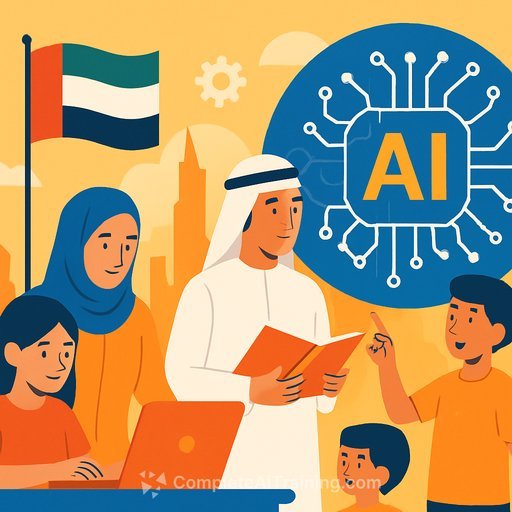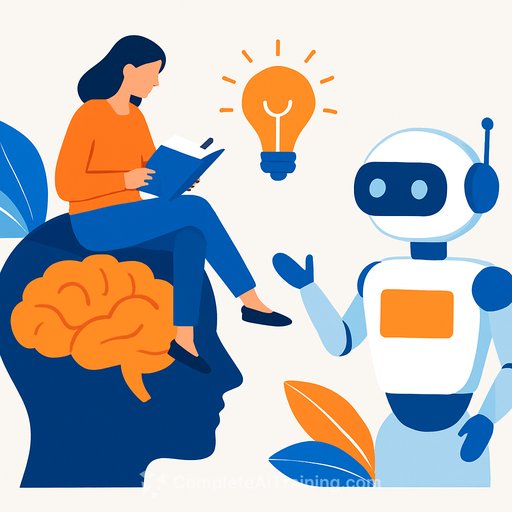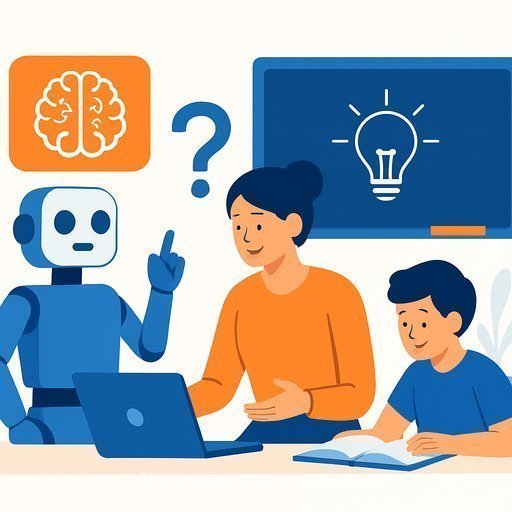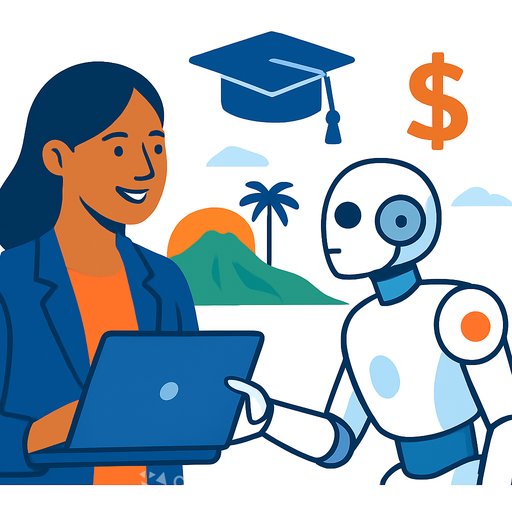AI And Computational Thinking To Enter School Timetables From Class 3 In 2026-27
The Ministry of Education has confirmed that Artificial Intelligence (AI) and Computational Thinking (CT) will be introduced from Class 3 starting the 2026-27 academic year. The move is in line with the National Curriculum Framework for School Education 2023 and the National Education Policy 2020.
In a stakeholder consultation, the Ministry outlined how CBSE, NCERT, Kendriya Vidyalaya Sangathan, and Navodaya Vidyalaya Samiti will coordinate the design and rollout. A CBSE committee chaired by Karthik Raman of IIT Madras will steer the curriculum framework.
What Was Announced
- AI and CT will be integrated under the School Education NCF, starting at Class 3 in 2026-27.
- Teacher preparation will run through the NISHTHA framework, with materials and training modules targeted for completion by December 2025.
- Resources will include digital content and handbooks, with clear time allocation in the timetable.
- Teacher readiness and inclusive learning models are flagged as central to success.
"Education in AI should be treated as a basic universal skill linked to the world around us," said Sanjay Kumar, secretary (school education & literacy). He added that the curriculum must be broad-based, inclusive, and student-centric.
What This Means For School Leaders And Teachers
- Plan timetable slots for AI/CT from Class 3 with age-appropriate outcomes and assessment.
- Identify teacher capacity and immediate training needs; appoint in-house leads to coordinate NISHTHA participation.
- Map available devices, connectivity, and classroom setups; plan low-tech alternatives where needed.
- Adopt inclusive approaches: multilingual support, assistive tools, and varied assessment modes.
- Set up school-level PLCs so teachers co-develop lessons, share exemplars, and iterate quickly.
- Establish data use and AI safety norms for students, including parental communication and consent where relevant.
Timeline At A Glance
- Now-December 2025: National curriculum design, materials, and NISHTHA training modules finalized.
- 2026-27: Class 3 implementation begins, with schools expected to allocate time, deploy materials, and run teacher support.
Suggested Focus For Early Grades (Class 3-5)
- CT Fundamentals: patterns, sequences, logic, decomposition through unplugged and simple digital tasks.
- AI Basics: where AI shows up in daily life, inputs-outputs, simple classification ideas without technical overload.
- Ethics & Safety: fairness, privacy, and responsible use explained through stories and classroom scenarios.
- Project Work: short, hands-on activities linked to EVS, math, and language (e.g., sorting tasks, step-by-step instructions, simple data tables).
- Assessment: quick checks (exit tickets, journals, pair demos) focused on thinking process over tools.
Immediate Next Steps For Schools
- Nominate a coordinator to track official updates from CBSE/NCERT and align school planning.
- Conduct a staff skills scan; schedule NISHTHA time; line up peer-led practice sessions.
- Audit infrastructure and plan device-sharing models; prepare unplugged alternatives.
- Draft a short AI/CT policy covering student access, data, and classroom norms.
- Pilot 2-3 lesson prototypes this year to build confidence before full rollout.
Authoritative References
- National Education Policy 2020 (Official PDF)
- National Curriculum Framework for School Education 2023 (NCERT)
Practical Teacher Development
- Blend NISHTHA modules with short, classroom-tested routines (think: 10-minute CT warm-ups).
- Co-create a shared bank of tasks and exemplars across grades to ensure continuity and reduce prep time.
- Run student showcases twice a term to keep motivation high and gather feedback.
If you're curating supplemental practice for staff, explore structured AI course paths by job role here: Complete AI Training - Courses by Job.
Your membership also unlocks:






